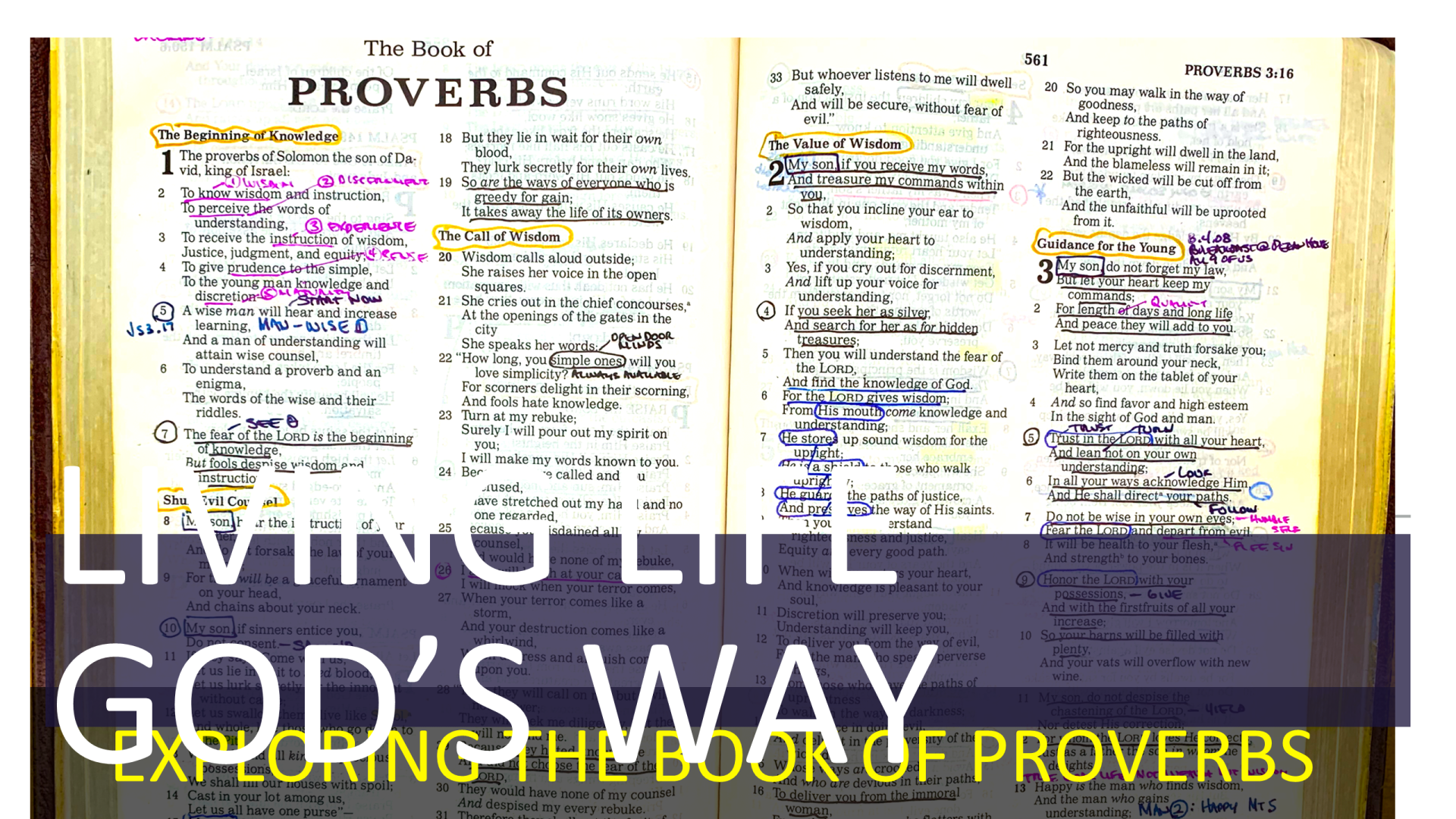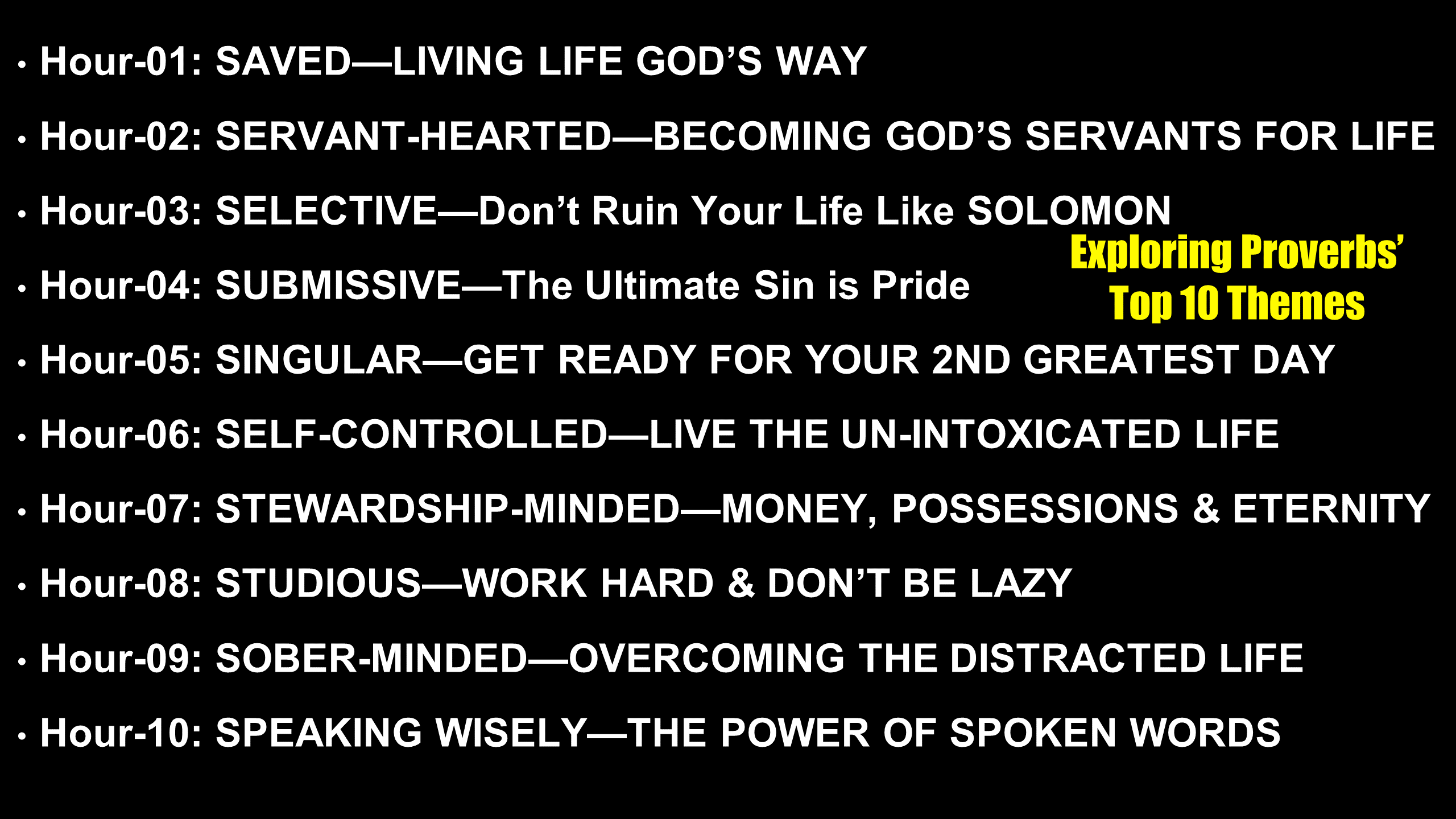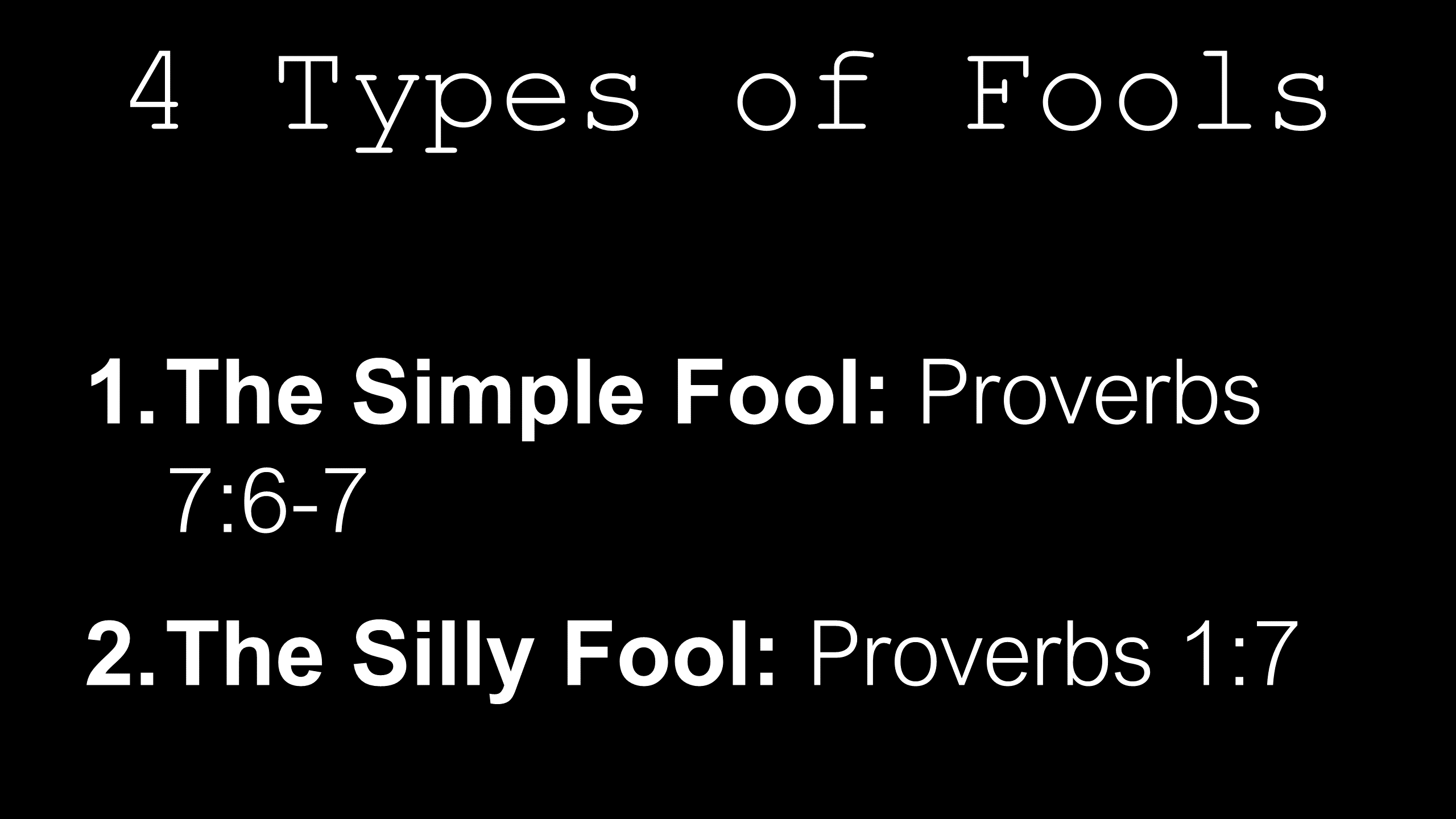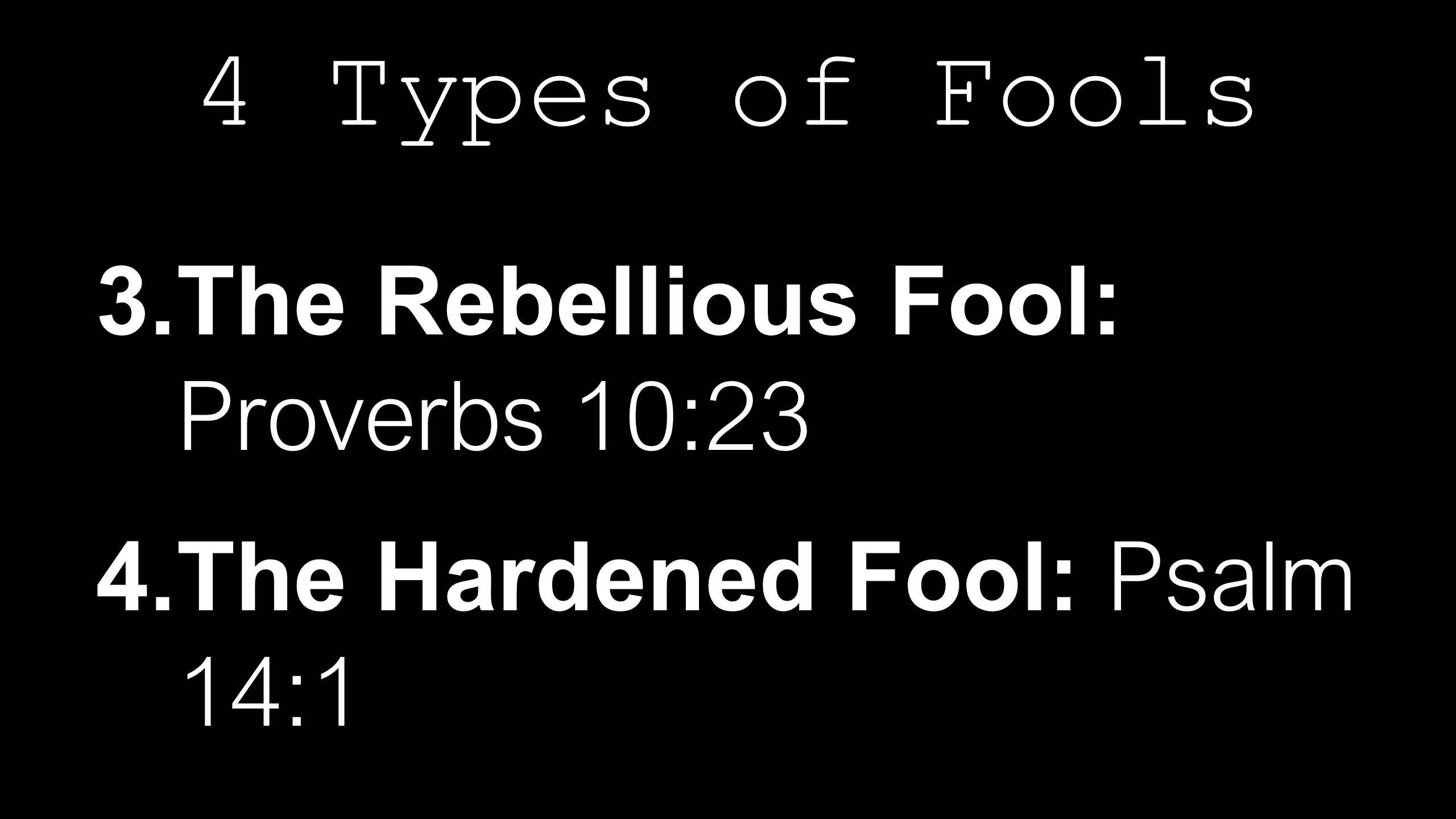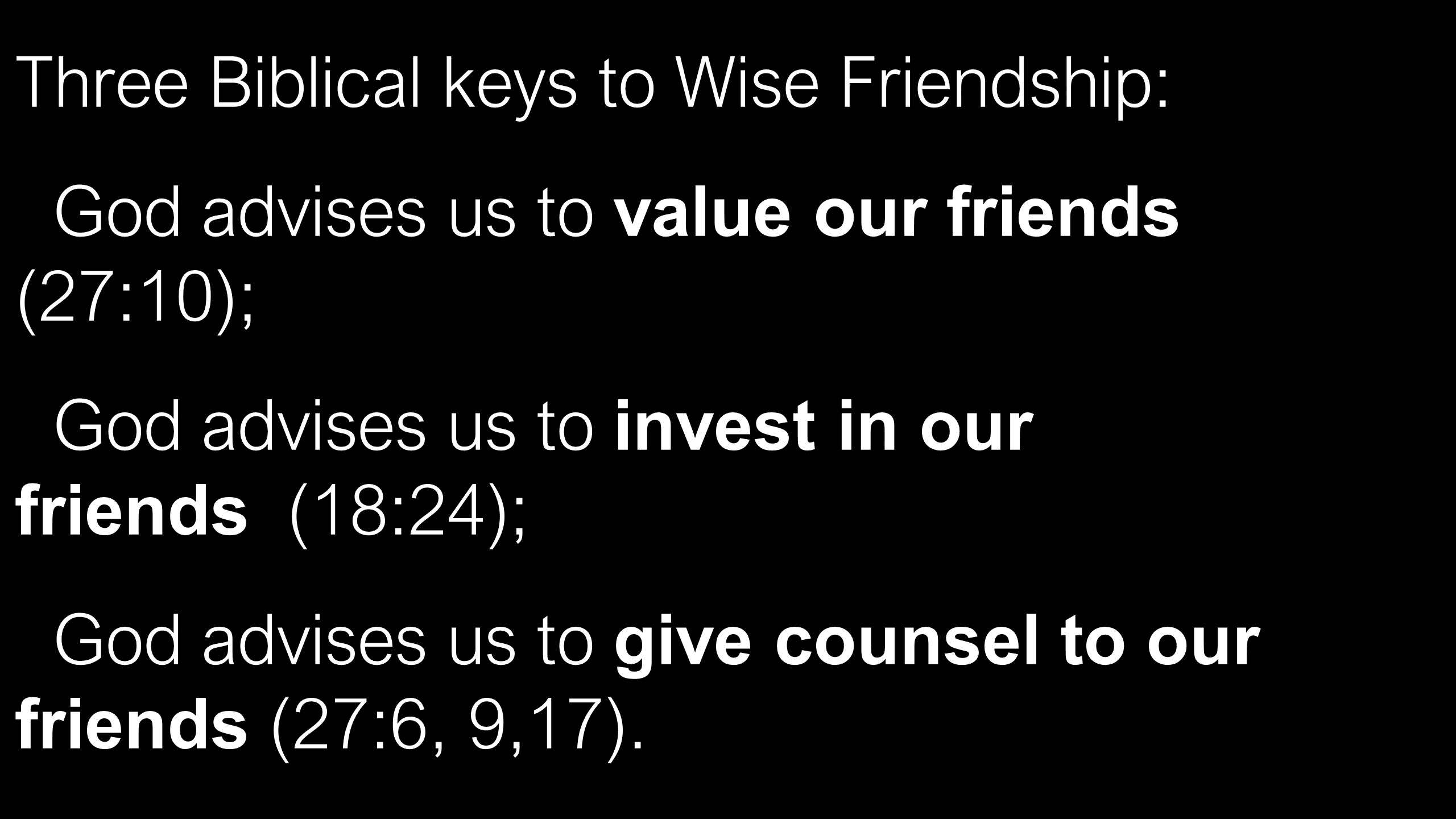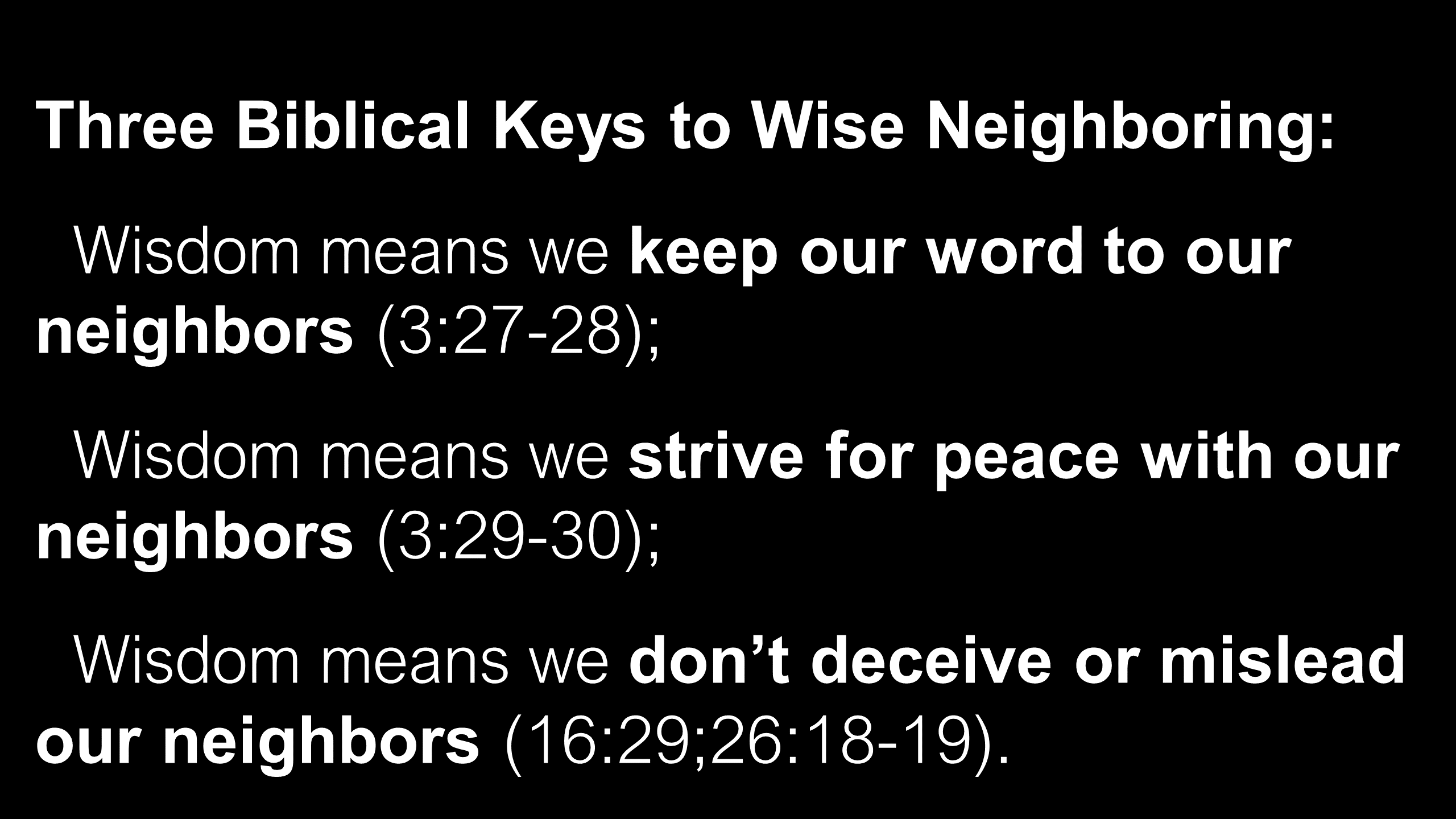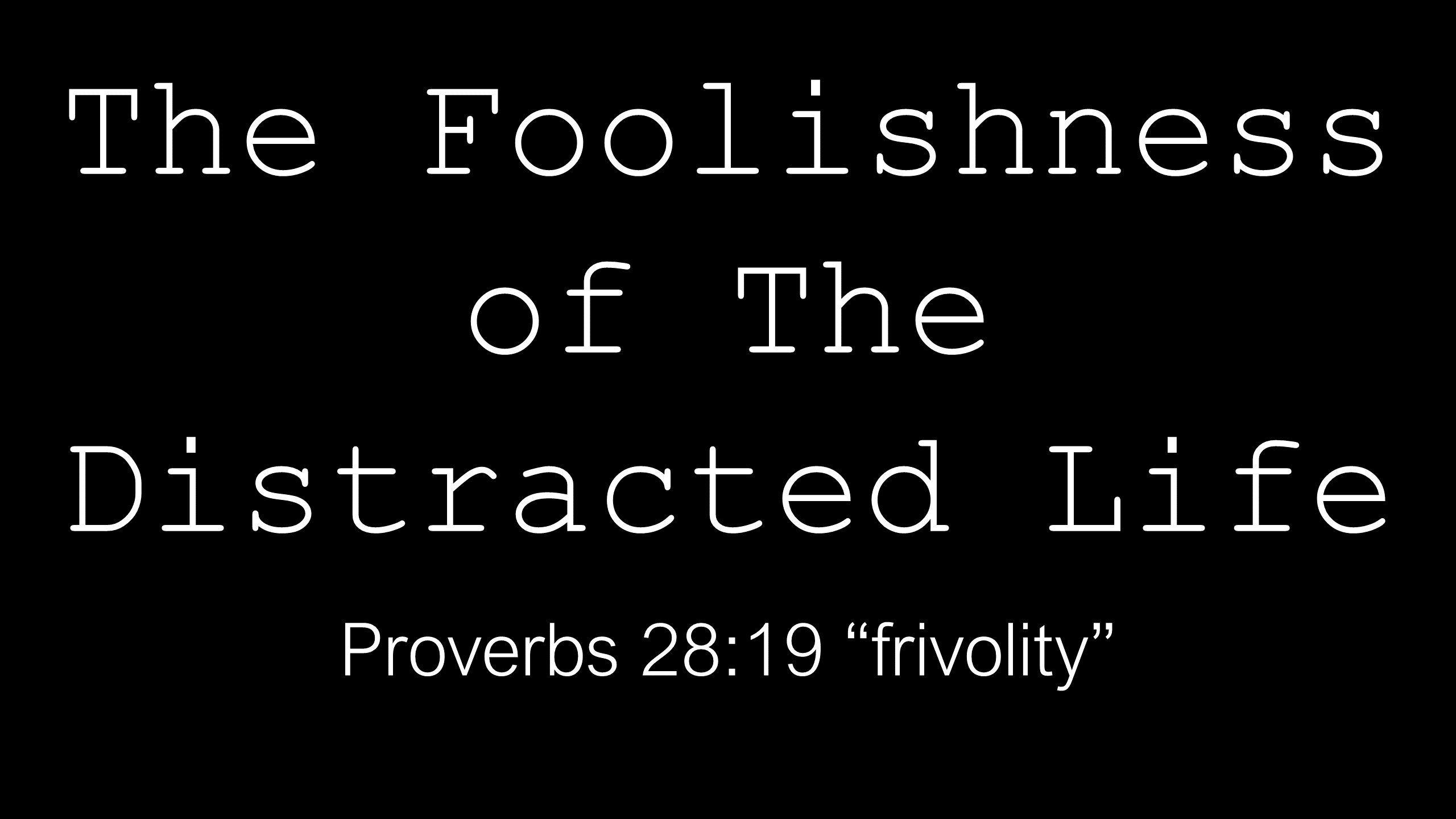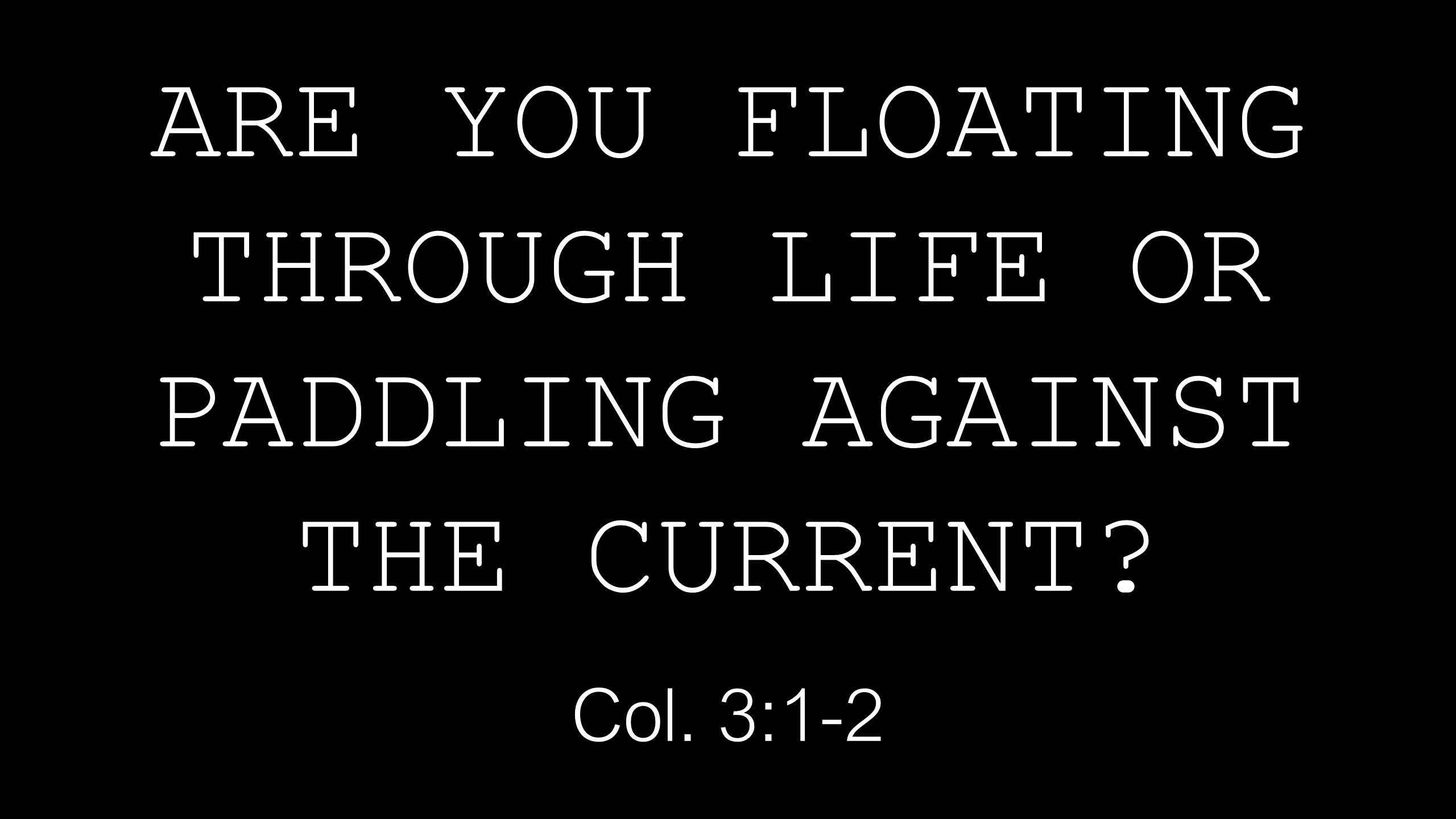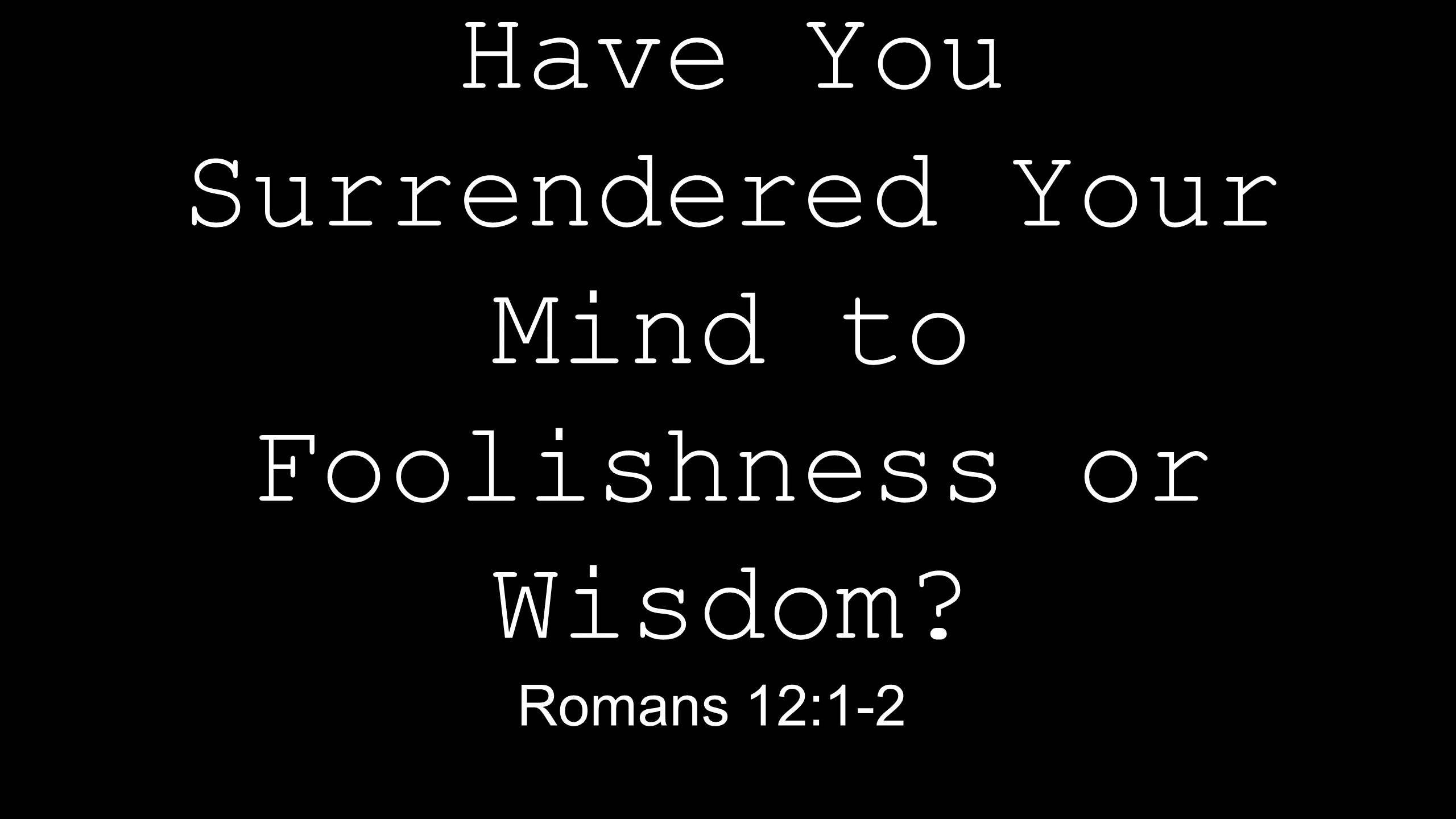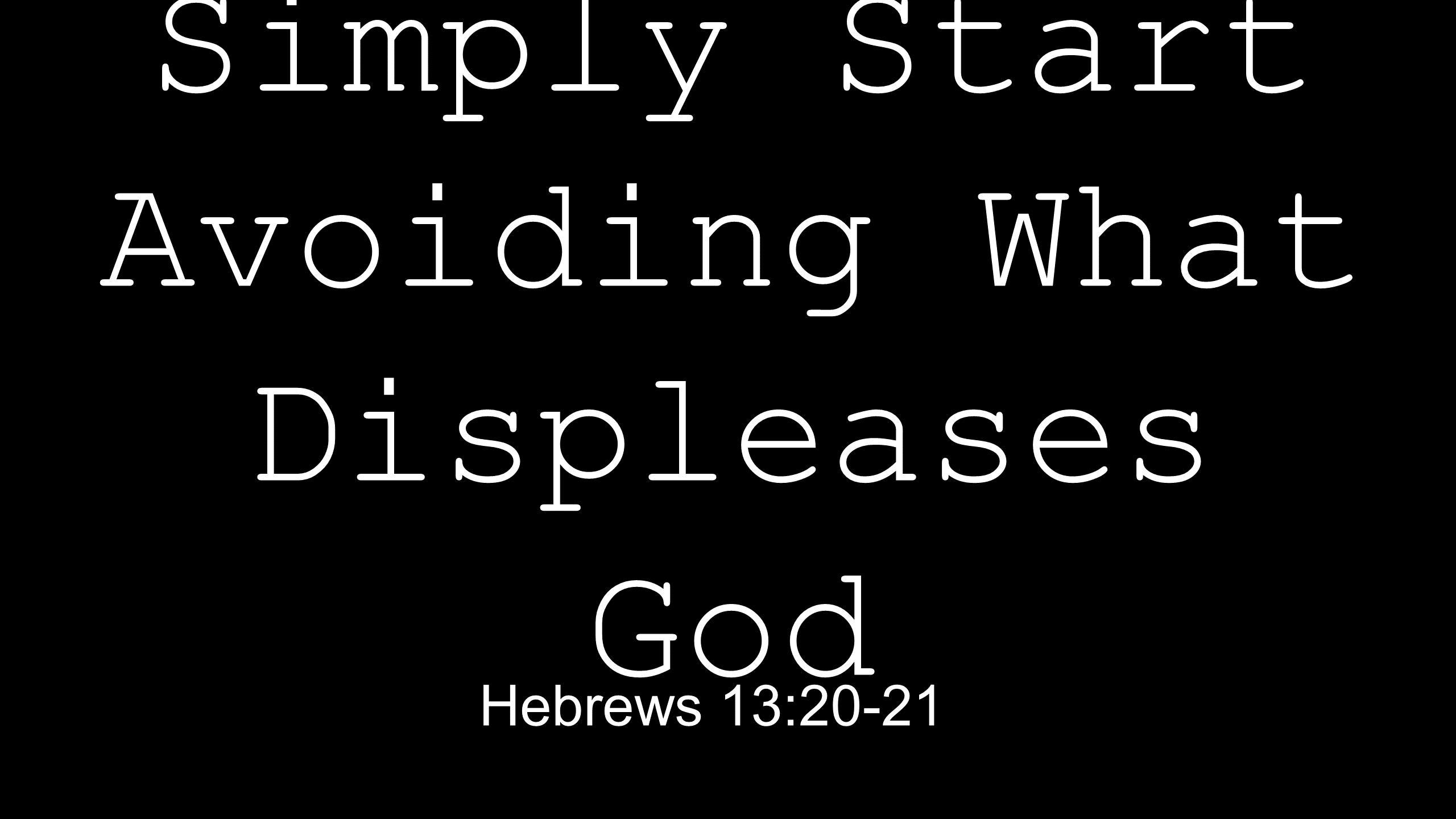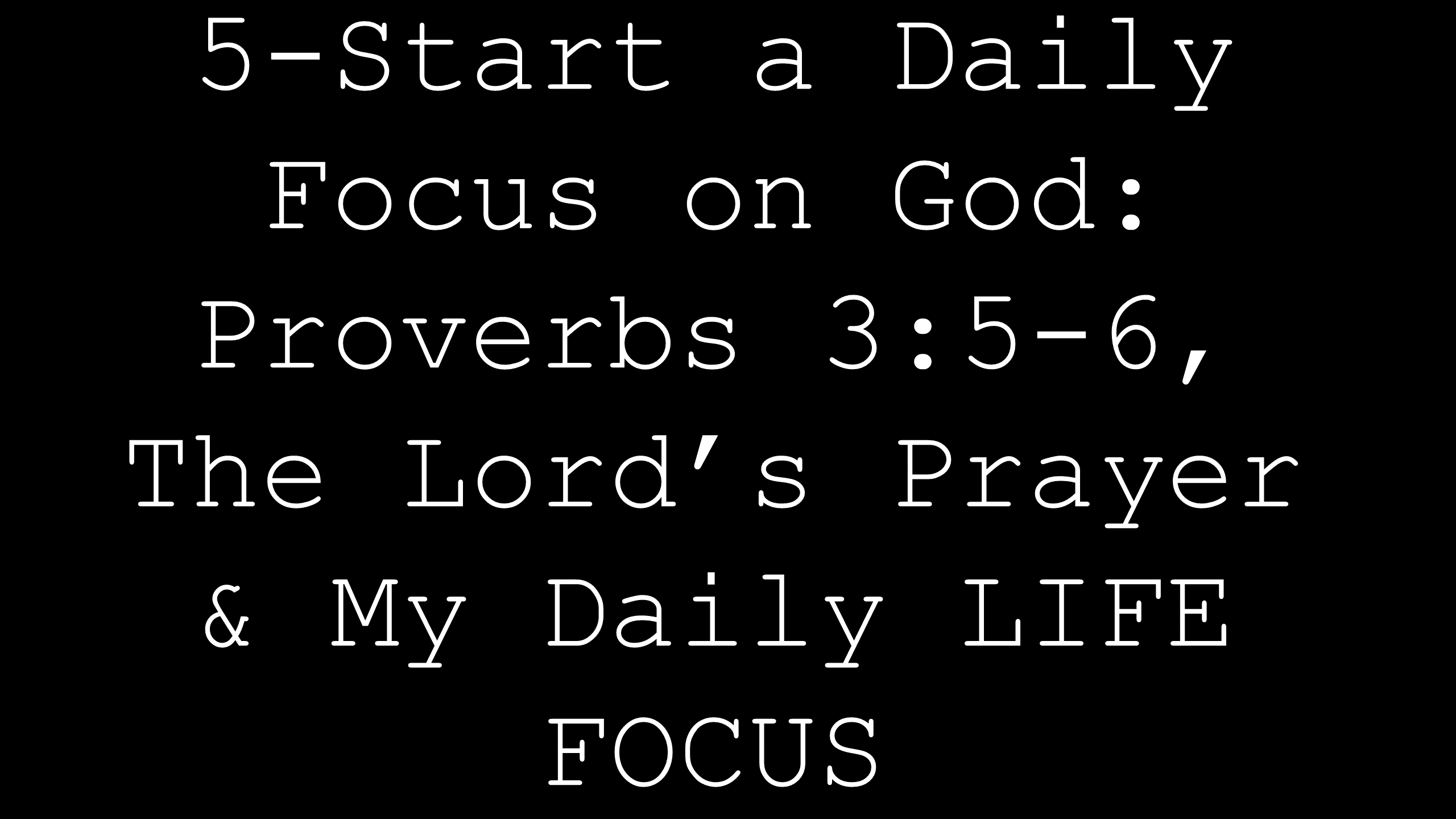If the YouTube video above is not available, here are two other ways to view:
EBP-09
201021PM
Today we live in a distracted world, among distracted people, with distracted minds, distracted families, and distracted lives.
Distraction leads to aimlessness, uselessness, hopelessness, and powerlessness. Every day we battle distractions sent by Satan to keep us off course. Distraction means we know so much more Biblical truth than we take time to act upon in our spiritual lives.
So this lesson is a serious call for you as a believer to start OVERCOMING THE DISTRACTED LIFE
Transcription
Today, each of us live in a very distracted world. All around us are distracted people. We all have distracted minds, distracted families, and that leads to distracted lives. What happens with distraction is, it leads to aimlessness uselessness, hopelessness, and powerlessness. Even for believers. Each day we battle distraction sent by Satan, to keep us off course. Distraction often means we know so much more biblical truth then we take time to act upon in our spiritual lives. So, this lesson, this class is a serious call for every one of us as believers to start overcoming the distracted life.
Welcome class nine, as we’re going through Proverbs. John Barnett here, and it’s a joy to teach you here in this virtual classroom. Many of you are in the East Asia classroom where you’re actually watching this class, taking the quizzes, taking soon the test, others of you are joining us and maybe you’re just tuning in for the very first time. You’re flipping through and checking YouTube vids. Whichever it is, we’re looking at the book of Proverbs and we’re looking at, as the slide says in front of you, how to be overcoming the distracted life.
Now, on the slides, I always have to remind you that this is actually a course about living life God’s way. We’re exploring the book of Proverbs.
We’re exploring the book of Proverbs in 10 classes.
In the next slide, we want to look at how God defines foolishness. So, take your Bibles with me and let’s go to Proverbs chapter 1, and verse 7 in Proverbs chapter 1. In Proverbs chapter 1, the book opens with probably the simplest statement about what God expects from us. This is “the fear of the LORD.” Now pause. What’s fear of the Lord? Remember we covered that eight classes ago. The fear of the Lord is that, you God are watching me now. That’s resonated through all the other eight classes we’ve done. The distracted life especially forgets. They’re distracted from the fact, God is watching. When God is watching, see what chapter 1 verse 7 says? “The fear of the LORD,” I know God’s watching, “is the beginning of knowledge.” That’s me experiencing the things of God. “But fools,” we go back to the old fools, “despise wisdom and instruction.” Fools, Proverbs 1:7, live a life distracted from the plan of God.
So, how does God define foolishness? Look at your slides. What we see is God’s word, and this is going to be a fun lesson, tells us there are four types of fools.
On your side. Number one, there is the simple fool. Number two, there is the silly fool. Now look up at the board here. I’m going to give you a little Hebrew word lesson. When you study the biblical languages, you find out that the majority of the Bible, the Old Testament, was written in Hebrew. Now there’s a little bit of Ugaritic in there and a little bit of Aramaic. Do you remember when Nebuchadnezzar wrote a little part of the Bible, it says in chapter 4 of Daniel. The rest of it is written in biblical Hebrew. Then the New Testament is in Koine Greek. So, when you talk about the Old Testament, you talk about Hebrew. When you talk about the New Testament, you talk about Greek. We are reading the Bible in our native language, our mother tongue, our heart language, which for me is English. So, look at this, when I read Proverbs 1:7, and see the word fool or foolishness, that is an English word in the Bible, you will see over and over. Exactly 42 times you’ll see the word fool. But guess what? That one English word, see that’s the same English word fool, did you know there are four different Hebrew words translated by one English word? So, the Bible translators are confronted with, approximately if you want to know the total in the Old and New Testament together, there are approximately 12,000 different Greek and Hebrew words that are reduced to 6,000 different English words. So, that’s why, if you’ve ever heard of someone doing a Bible word study it’s because they’re looking behind the English word to find the Hebrew word. That was just a short Hebrew lesson, which is part of the blessings of the ministry. That’s why pastors are supposed to “study to show themselves approved unto God, a skilled Workman that doesn’t need to be ashamed, rightly dividing the word of God.” What does that mean? Doing the work it takes, to see any added meaning that comes by doing word studies. Going back to the original inspired word in Hebrew or in Greek and see if there’s any lesson.
There are four lessons, we’re doing a Bible word study. Here’s four lessons on what God says we can learn about fools. Number one, there are simple fools. There is a different word, this has…
- Peṯî, is the Hebrew word for simple.
- Silly is ‘ĕvîl.
- Rebellious is kesîl.
- Hardened is nāḇāl.
Now, any of you that have been a long time in the Bible, you’ve probably heard of Nabal the fool. Remember, Abigail was married to Nabal and Nabal was a fool. He riled up David and remember all that. Actually, Nāḇāl was a Hebrew word that meant fool.
Let’s do this quick study and I’m going to read to you on these four types of fools. The first one, the peṯî is a simple fool. That’s basically what we see in the book of Proverbs chapter 7. Look at verses 6 &7. This is a description of what we would call a distracted person. They’re very foolish in this sense. It’s chapter 7, starting in verse 6. “For at the window of my house I looked through my lattice, and saw among the simple, I perceived among the youths, a young man devoid of understanding.” What’s this talking about? The simple, the word simple is peṯî. Sometimes it’s as, simple. Sometimes as translated, fool. Basically, the best way to portray this word in Hebrew is, if you’ve ever gone into someone’s house and they have these swinging doors like on Gunsmoke or any Western. You know the saloon, when you walk through there’s a door that when you walk through it opens, but it swings shut behind you. And if you back up it opens again. It just swings. In whichever direction is being pushed, is the direction that it goes. That’s what a simple fool is. Listen to this, the root word from which peṯî or simple as derived, implies extreme vulnerability. Literally meaning to be opened up. This simple fool opens his mind to any thought that goes by, opens his arm to any stranger. In other words, he lacks discernment. He has an over-simplified view of life and fails to recognize the cause and effect sequences that affect every area of life.
So, do you know what one of the big dangers about getting distracted is? Going with the flow. Everybody else is doing it. Like right now, progress seems to be a god in our world. At a recent technology conference, the speaker said, if there’s something that is easy to understand and is simple, it’s old. But if there’s something that’s new and exciting, it’s technology. The idea is that the world is longing after more and more and more technology that men can produce rather than the old stuff that the world used to have. It’s almost like we’re moving beyond God and a lot of people are embracing that like a simple fool and going along with it; thinking that the world is getting better and better and better. The world is not getting better and better and better. The world has got faster computers, the world has higher processing power, but the world is still filled with lost people who are rebellious and proud and living for now in foolishness and headed to destruction. God says that the world will never get better until you get saved. Submit to God. Humbly come before Him. Live for eternity, with His wisdom and get on the narrow way. The simple fool of Proverbs 7.
Back at looking at your slide, there’s the silly fool, and that’s a different word. Let’s go to Proverbs 1:7, in fact where we started, and this will forever change this verse to you. Proverbs 1:7. It says that “The fear of the LORD is the beginning of knowledge, but fools…” now look, this is a different Hebrew word, it’s not peṯî it’s ĕvîl. What it means is silly. Let me read the definition. The Hebrew word that refers to a silly fool is ĕvîl. Its definition in Hebrew is to be perverse, to be silly. The mouth of a silly fool often gets him in trouble, but what is his real problem? It’s in verse 7, he despises wisdom and instruction. He’s silly because he’s devoid of God’s wisdom. He’s silly and perverse actually, because he doesn’t want to know the Lord.
Keep going in your slides. The four types of fools, the simple fool, we saw him, the peṯî. The silly fool, the ‘ĕvîl. Now the third type is the rebellious fool, and the fourth type is the hardened fool, Proverbs 10:23 tells us. If you want to turn there with me, Proverbs 10:23 introduce us to the third of these fools. He’s the rebellious fool. Hebrew word, kesîl, and 10:23 describes him. It says, “to do evil is like sport to an ‘ĕvîl”? No, kesîl. See, it’s a different Hebrew word. He’s not silly. He’s rebellious, he’s malicious, it’s like sport this new word kesîl. It’s “like sport to a fool, but a man of understanding has wisdom.” Basically, one who rejects the correction of their parents or other authorities will become this rebellious fool. This type of fool is identified in scripture with the Hebrew word kesîl. It means fat, stupid, or silly. The word denotes a person who seems determined to make the wrong choices. See, it’s like sport, they have fun doing what’s evil. We call them foolish, foolhardy. They’re always going against the rules. They don’t have a mental deficiency, but rather a spiritual deficiency. What is that? They reject God. That’s what this rebellious fool is, he rejects. See back over here, there are two choices on the shelf. Save people are submissive, lost people are rebellious. This fool is rebellious. He is one who rejects God.
Then there’s a hardened fool. The hardened fool is the most dangerous type of fool. He’s steadfast as a fool. Nāḇāl, which means stupid or wicked identifies the type of person. By the way, everywhere else in the Old Testament, this word is translated as vile. This is a person who has totally rejected God and His way. It says in Psalm 14:1, which this word by the way doesn’t occur, the hardened fool nāḇāl doesn’t occur in the book of Proverbs, but in Psalm 14:1, it says, “The fool has said in his heart, ‘There is no God.’ “ This fool says, ” ‘there is no God.’ They are corrupt. They have done abominable works, and there is none who does good.” Now you start to recognize this is the wording Paul uses in Romans 3, when he describes our depravity, our fallenness, all of us are headed toward becoming this hardened fool if we say no to God. If we reject His truth long enough, we become this hardened fool.
Back in your slides, the four types of fool: the simple fool, the silly fool, the rebellious fool, the hardened fool. What happens when we start rejecting foolishness and embrace God’s truth?
That takes us to this next slide, which I called the three biblical keys to wisdom in our friendship. There are three of them and I’d like to walk through them with you. This is if we’re not distracted from God’s wisdom, this is what we start incorporating into our lives.
God advises us first of all, if we are wise:
- To value our friends.
- To invest in our friends, instead of being foolish and silly and hardened.
- To give counsel to our friends.
Now, let me just take you through those verses. 27:10, 18:24, 27:6, 9, 17. Open your Bible to chapter 27 of the book of Proverbs and verse 10. Just to give you a contrast, if we choose to overcome our distracted, self-absorbed focused life. If we choose to do that, one of the areas God says we should work on is, we should learn to value friends. Chapter 27 in verse 10 says, “Do not forsake your own friend or your father’s friend, nor go to your brother’s house in the day of your calamity; better is a neighbor nearby than a brother far away.” You know what the Lord says? Value friends, that’s wisdom.
Secondly, the Lord says, invest in them. Turn back to chapter 18 in your Bible and look at verse 24. This is the investment we’re supposed to make if we’re wise, “A man who has friends must himself be friendly, but there is a friend who sticks closer than a brother.” What we do is, we invest in them. To be friendly means you spend time with them. You get to know and enjoy things that they enjoy. We spend time with our friends. Now, remember the Bible says that if we’re wise, we don’t gravitate toward friends, that was way back if you remember, in the earlier lessons I talked about being selective. Why does Solomon ruin his life? He followed after pagans, worshiping other gods. Psalm 1 says don’t walk, stand, or sit in the seat of the scorner, those who mock God, those who are not walking in His way. So, this isn’t talking about pagan, wicked, ungodly friends, but wise friends. We invest in them.
Finally, God says, if we’re going to be a good friend and wise, look at chapter 27, this is probably the hardest part of biblical friendship. A wise person values and invests in friendship but look at chapter 27, verse 6. This is probably the single hardest thing for me. It’s very hard for me, with my friends that I know and love and spend time with to do this. “Faithful are the wounds of a friend, but the kisses of an enemy are deceitful.” We’re supposed to counsel our friends. What does that mean? That’s part of our fellowship, walking in the light. We say you’re acting a little differently, what’s going on in your life, you’ve changed. We start applying biblical truth.
In fact, keep going to verse 9. It says, “ointment and perfume delight the heart, and the sweetness of a man’s friend gives delight by hearty counsel.” How many times in my life have people come to me and said, you’re not acting the same way we’re used to. What’s going on in your life? Is everything ok? They start asking questions like, is everything all right in your family? Is everything all right between you and the Lord, what’s going on? A friend we counsel biblically.
In fact, here’s the last one. Look at verse 17. Verse 17 of chapter 27 says, “As iron sharpens iron, so a man sharpens the countenance of his friend.” What the Lord is telling us is that we are supposed to get involved in our friends’ lives. A New Testament example of this, turn to Hebrews chapter 10. This is why believers get together. Hebrews 10 defines what we as brothers and sisters in Christ, that we’re sharpening. This is what we’re supposed to be doing. “And let us consider one another in order to stir up love and good works.” A wise person will be close enough to their friends, their spiritual friends, or godly friends, or it’s okay to have pagan friends but with pagan friends every time possible, if they’re not saved, we try and bring up the gospel. In fact, I would be known to all my friends as a born again, Christian. Don’t be a secret agent. Christian’s don’t hide from people that you’re a believer because you’re supposed to be there pointing them to Christ. Or Hebrews 10:24 if they’re a believer, “considering how to stir them up to love and good works, not forsaking the assembling of ourselves together, as is the manner of some, but exhorting one another […] as we see the Day approaching.” So, back to the slides, there are three biblical keys to wise friendship. Don’t get distracted from them.
Secondly, the foolishness of the distracted life is what we need to look at and especially, see on the slide, we want to see how the book of Proverbs describes the distracted life as, see that word? Proverbs 28:19 and what’s the word there? Can you read it? Frivolity. Let’s go there Proverbs 28. This is how God describes a distracted person, Proverbs 28, and verse 19. “He who tills his land will have plenty of bread, but he who follows frivolity…” If you look in different versions, it says follows empty dreams, follows empty people, follows foolish things, frivolity, emptiness, distraction. What the Lord says is that we need to be very careful about frivolity.
Could I define it for you? We can define it even with words, not in the Bible. Let me read this to you. Self absorption, which is following frivolity, is particularly common among young males. It may be the greatest danger of our current world that we’re living in, that is immersed in digital amusement. The distracted life is most fed by the electronic world we’re living in. Not only does withdrawal into an electronica enable a young man to bypass the confusion and pain of trying to give their emotions coherence, it helps young men and women avoid the realities of life. All of us are flawed. All of us are vulnerable. All of us are ordinary human beings. Wow.
I read, a psychiatrist who was commenting on the change, the rewiring of adolescent teenage young adult brains. This is what this unbeliever said and it’s true, even though they don’t know Christ, they’re observing reality in these people’s lives. He said there is a stratospheric increase in diagnosed learning and attention deficits, which totally correlates to the advent of the electronic playground. Now, when I was little, we went to the playground. It had swings, slides, monkey bars, and we were outside in sandboxes. We were so busy. Merry-go-rounds! We were just relating to one another and taking turns and getting bumped and scraped and falling and all this stuff playground. But today we have the advent of the electronic playground.
I was sitting on the airplane, Bonnie and I were traveling home from the last six-week round of teaching that we were involved in and I was sitting in my chair, Bonnie was right here by the window. I was looking, I know you’re probably not supposed to do this, but I was looking through the little slip between the chairs at the person at the window in front of me. They had the largest handheld, little device I’d ever seen for playing games. It had the most intense big finger and hand holders. I was just amazed because they were so fast. What they were doing is, they were creating their avatars and they would pick from this whole side of all these different looking people. They pick one and then they’d pick the color of their hair and then they’d pick whether they were muscular. Then they got their weaponry. It was the most amazing big screen experience, but you know what? They were totally immersed with their earbuds and their fingers going into this world, they completely designed themselves, and what didn’t they have to do. They didn’t have to think about the realities of being a flawed, vulnerable, ordinary human being. Their avatar, their little game, people were perfect, and they were equipped exactly as they want them, and they responded exactly as they made them react. Do you know what that does? This is what the psychiatrist said. When so many Americans meet the diagnostic criteria for attention deficit, hyperactivity disorder, it’s arguably no longer a disorder, it’s the way we’ve become. Why? He concludes, this psychiatrist, this doctor of the organ called our mind, or the brain said; yes, we not just boys but adults of both sexes seem to have an insatiable hunger for handheld devices that deliver limitless… what does the article say?… distractions.
Back to the slide. What’s the foolishness of the distracted life? Well, this is what it is. It’s teaching us to float through life. Now on the slide, I’m asking you a question. Are you floating through life or are you paddling against the current? Do you see the reference at the bottom, chapter 3? And look at verse 1. “If then you were raised with Christ,” and that’s Paul’s saying, on the basis of the fact you were raised with Christ because when we got saved, when we went from being lost to saved, we identified with Christ in His death, burial, and resurrection. Our sins were buried with Him and we were raised in newness of life. So, since all that happened, that’s the first part of verse one, “seek those things which are above, where Christ is, sitting at the right hand of God.” The Christian life is a daily choice of whether I’m going to turn my focus, attention, and desires upward toward the Lord. Look how it describes Him, where Christ is, “sitting, at the right hand of God.” So, I have a constant choice every day. I decide today, am I going to focus where Christ is seated, at the right hand of God and live my life knowing He’s watching me or not? Am I going to be distracted? Am I going to be acting foolishly? Or am I going to focus on the Lord? That’s the first one. Am I going to seek him?
By the way, that’s an imperative. If you know anything about the Greek language, that is a command from God. Many things the Lord just presents and just says this is true. Other things the Lord presents, in the form of the Greek languages, it’s a command. It’s non-optional, we must respond yes or no right now. No means disobedience and yes means obedience.
Look at verse two, another command, another imperative. The first one was seek, so seek above. The second one, verse 2, “set your affection” or mind “on things above, not on things on the Earth.” So, look up and focus and desire those things. As a believer, if we’re not actively engaged in battling distraction in life, we will slowly become amused, carried along, floating with the current of the world. By the way, which direction is the current of the world going? It’s going away from God. I was born, floating away from God. I was born into the river of life. My parents, even though they were believers, when I was born, I was born a lost, pagan, selfish, proud, self-centered, murderous if I could have, I used to get so angry and hit people with my rattle in the playpen. That’s how we’re born, floating away from God. Listen, if we are not actively engaged in battling the distracted life, if we aren’t saying by your grace, I want to set my affection on things above, Colossians 1. I want to seek those things, which are above Colossians 3:2. If I don’t do that, I will become amused.
What is amused? Very interesting in English, the word amuse. Actually, it’s got two parts, a and muse. You all know what muse is. Muse means to think deeply, to meditate on something. In fact, a person who thinks deeply in Old English is called a muse. That was a type of person. They just thought about stuff a lot. This is what’s called the alpha privative in philology. When we study language, a means not so. Not thinking deeply. That’s what amusement is. When I don’t want to think deeply about anything, I go to the amusement park or I go to my game or whatever. I get amused. So, if I’m not actively seeking not be distracted, Colossians 3:1-2, I will slowly become amused, not think deeply about anything. I’ll get carried along. I’ll get floating with the current of the world and start going away from God.
Do you ever feel God is far away? Be honest, have you ever felt God is distant? Do you know how that is? It’s because we’re acting like an unsaved person. We’ve gone back to the broad way with our thoughts, our foolishness, we’re living for now, pride sets in, we start disobeying God. All of those things add up to acting like a lost person. This doesn’t mean a believer immediately goes against God. It’s a slow process of the Lord having less and less influence over our priorities in life. But Colossians 3 says “if you were raised with Christ, seek the things which are above, where Christ is sitting, at the right hand of God,” and set your mind on that. How do I set my mind on the scriptures? I spend time everyday listening to God. This book will either keep us from sin or sin will keep us from this book. It’s a daily choice.
For just a second. I mentioned this a couple of classes ago, but it’s a perfect time to say it again. When I was a little boy at the Lake Lansing Baptist Church, every summer we went to the Red Cedar River. Our whole church went. We parked in this parking lot, all of us got on these old school buses, and the buses wove along, and bounced along, and drove us to some riverbank spot. Behind these buses where these big trailers of canoes, and this is before they had life preservers and all that, we just all piled into those canoes as a church and got our paddle. For the next many hours of the afternoon, we spent so much time canoeing down the Red Cedar River. Now, what’s interesting is, I don’t ever remember using the paddle, in fact, for paddling. I would be splashing people with my paddle. I was out of my canoe as much as I was in the canoe. But what is strange is that imperceptible to everybody was the fact that the canoes were always moving. You see what the canoe company did is, they hauled us upstream, dumped us off on the riverbank. All a hundred of us in our church canoe trip had our little canoe and we were connected to it all day long, following it. It was a very shallow river, but it had a current, and if we didn’t hold that canoe or get into it and paddle that canoe, it just was headed toward where the buses and the trailers were waiting to pick us up. Do you see the current of the river was flowing in this direction? You and I were born into a river flowing away from God. If we live the distracted life, we will constantly float against the Lord, away from Him, with the world. Overcoming the distracted life is like putting your paddle into the river and starting to paddle. Did you know? It was hard. When I got older, I went on these canoe trips a lot. One time, just to be fun, I just started paddling upstream. Did you know, that disoriented everyone? Even in the church canoe trip, everyone was going that direction. They said, Johnny, where are you going? We’re all going that way. Where are you going? That was a vivid reminder to me of what’s going on in our lives.
Look at the next slide, because I want to ask you a question. If you’re not canoeing, paddling, going God’s way, look what the slides says. God becomes weightless in your life. Let’s turn to see the verse that’s there. If you’re in Colossians, go to 1 Timothy. That’s our next scripture, chapter 4 and verse 7. Here’s what the apostle Paul says, “but reject profane and old wives’ fables, and exercise yourself toward godliness.” What’s that? Start paddling against the river of the world.
Have you ever heard someone say worldliness, the world and all that? What are they talking about? They’re talking about the river, the river that’s flowing away from God. You and I are born, here is God. Theta, I should spell it out, I have people that watch these videos, and they say, I don’t know Greek. So, theta is the first Greek letter of the word, God. God is here and this is Satan and hell and the demons. When you and I were born, we were dropped right here in this river. That’s going this way. It’s going toward death and hell and destruction. We’re dropped in here and we spend our lives floating with all of our friends on the wide road. When we get saved the Lord, we’re still in the river, but He turns us around and every day that we paddle against the current is called sanctification. That’s me cooperating with God every day that we float along with our friends. The old term for it used to be called backsliding. Do you know what the new term for it is? Distraction, that I’m not paying attention to what? Look at 1 Timothy 4:7, “exercise yourself toward godliness.” Sanctification, God likeness, as not loving the world, not going along with the world, not flowing along with the world, but rather identifying with Christ. Going toward the narrow way, the way of life. Not toward the broad road, the way of Satan and hell.
Now, I’d like to read you an article. Recently David Wells, a gifted theologian and a member of the Alliance of Confessing Evangelicals said this, and it caught my attention. He said, one of the defining marks of our culture, that God is now weightless. I don’t mean by this, that God is ethereal, but rather God has become unimportant in our culture. God rests upon the world so inconsequentially, as to not be noticed. He has lost His saliency for human life. It used to be that people thought about God and what would God think? And what does God say? That is a distant, ancient memory. People don’t even think about God anymore. God is less interesting than television. They’d rather watch television than go to church and listen about God, God’s commands. The Bible are less authoritative than people’s appetites, desires, and opinions. God’s truth is not as compelling as advertisers, a sweet fog of flattery and lies. In other words when a television or an internet or whatever advertiser says, that if you do this, you’ll be happy. God says, if you do that, you will not be happy. You’re disobeying, you’re sinning against Him. But people believe what the advertisers said. That’s what I mean by God is weightless.
The question is, look back at the slide, is God weightless in your life today? Are you 1 Timothy 4:7? Are you disciplining yourself for godliness? How do you do that?
Next slide? Have you surrendered your mind to foolishness or wisdom? Now, look at that text, at the bottom of the slide. Romans 12:1-2. Look up from the side and look at your Bible with me, let’s go to Romans chapter 12. This is a conscious choice we have to make. Romans 12:1-2. “I beseech you therefore, brethren, by the mercies of God.” Paul said, what does he say? God wants us to “present your bodies a living sacrifice, holy, acceptable to God, which is your reasonable service.” Look at this, “don’t be conformed to this world, but be transformed by the renewing of your,” what? What does it say in your Bible? What’s the next word? “Your mind.” Now, what is conformity to the world? Floating. Worldliness is going the way we were born, where everybody else is going. It’s the way of the world. It’s the world, the flesh, the devil, the broad road, leading to destruction. Sanctification is paddling, disciplining ourselves. How does it start? Look at verse 1. I beseech you therefore, brethren, by the mercies of God, that you present your body, “Have your mind,” verse 2, “transformed by the renewing” that God offers. Look back at this slide. I have a question for you. Have you surrendered your mind to foolishness, are you floating? Or wisdom, are you disciplining yourself for godliness? How do we do that?
Look at the next side. How do we start this transformation? We simply start avoiding what displeases God. Now, there’s a verse there and let’s turn there. Get to your Bibles and Hebrews chapter 12. Hebrews chapter, oops chapter 13. Here we go, verse 20, let’s read it together. You follow along in your Bible. “Now may the God of peace who brought up our LORD Jesus from the dead, that great Shepherd of the sheep, through the blood of the everlasting covenant,” that’s a summary of the great work of Christ on the cross. “…make you complete in every good work to do His will.”
What does it mean to be “complete in every good work to do His will”? Let’s find a way to describe that. It’s in the verse, “working in you what is well pleasing in His sight.” What is the work of Christ on the cross doing? Simply, to change us to be well pleasing to God. When we were born, we were not pleasing Him. We were going away from Him toward destruction. When we get saved, He turns us around. Every day that we resist the world and head toward Him, we’re well pleasing to Him. Look back at the slide. What does God want us to do? It’s very simple. Start avoiding what displeases God.
Now look up from the side and let me share with you the context of this verse. Those exercises Paul talked about, the writer of Hebrews is talking about, is how to live in the world, avoiding the overwhelming pressure to go their way. Now, let me describe that pressure to you. I love history. Here’s a history lesson. Most Roman world citizens… now what’s the Roman world? The New Testament is entirely written in the Roman world. There was a Roman emperor. There were Roman soldiers. Israel was an occupied country of the Roman empire. Everywhere around Paul there were Roman soldiers. Roman customs, laws. The taxes were paid to Rome. So, the Roman world is the world of the New Testament. What was it like? Most Roman citizens were drawn to the gaming world of spectacles in the local arenas, that were in all parts of the Roman empire. Did you catch that? Gaming spectacles. A nonstop calendar of events began in the capital city of Rome and soon radiated out to the furthest flung provinces. Of the ever increasingly exciting spectacles; live gladiatorial fights to the death, men versus ravenous beast, beast vs. beast fighting to the death. There were duels, bloody deaths, shocking sites. It was intense visual stimulation. The roar of the crowds became intoxicating and no one wanted to miss the events that ran all day long for day after day.
Now think of living in a world where there are these arena events, gladiators and deaths and blood and spectacles and all of this going on and all of a sudden you get saved. You’re told you’re not supposed to love bloodshed and violence and all the pagan false gods and the occult and witchcraft that went along with it. You’re supposed to be going this way. See, that’s what Paul is talking about, that’s what the writer of Hebrews is talking about. That’s why Paul, when he wrote to the church in nearby Ephesus where Timothy was serving, it was just a hundred miles between Colossi, where it said set your affection on things above. In Ephesus what did Paul say to them? Paul said, I want you to set your affections, not on what the world is doing, not on the amusements in that direction, but on things above.
Look back at your slides, start pointing your mind toward God, that’s what Paul said. Let me read to you, Colossians 3:3-4. What Paul said is, “for you died, and your life is hidden with Christ in God. When Christ who is our life appears, then you also will appear with Him in glory.” Start pointing your mind toward where you’re headed. Start pointing your life toward where you’re going toward, God. Allow sanctification, allow disciplining yourself for godliness as we saw in 1 Timothy 4:7. Allow God to overcome this overwhelming distraction of the Roman arena and the Roman games and all the visual stimulation. Allow God to pull you away from that and allow you to get transformed as He renews your mind every day. Wow. How does this happen? Look back at your sides.
Number one, we have to start being aware of the ultimate temptation. What’s the ultimate temptation? Anything that distracts us from hungering after God, anything. So, let me ask you, what is your ultimate temptation? I don’t know. What keeps you from the Bible? What keeps you from memorizing? What keeps you from fellowshipping with other believers? What keeps you from sharing the gospel? That’s your ultimate temptation. Beware of any ultimate temptation, anything that distracts us from hungering and seeking after God.
Look at the next slide. Number two, only God can even reverse the erosion that takes place in our minds. Now look in your Bibles at Colossians 3:5, and I’ll read it to you. Paul said this to those people living in the Greek and Roman world. “Put to death your members which are on the Earth.” What does that mean? “Fornication, uncleanness, passion, evil desire, and covetousness, which is idolatry.” Put off all these things. What does mortify means? It means crush, stop. What’s He saying? Stop anything that makes you keep floating. Start putting your paddle in and saying no to your flesh. Discipline yourself for godliness. Allow God to make you sanctified. What does that mean? Useful to God. How are we useful to God? Our life is pointed the right direction, toward him.
Thirdly, look on the slides, ask God to help you starve your flesh. Do you know why we disobey God? Because we hunger after the old life. What’s the old life? It’s a life of pride and rebellion. It’s a life of living for now. It’s a life of not following God’s way, but foolishness. It’s the wide way. It’s floating away from God. Ask God to help you starve your flesh.
Next on your slides, number four, ask God to help you begin saturating yourself with His word. Let me read Colossians 3:16. It says, “let the word of Christ dwell in you richly in all wisdom, teaching and admonishing one another in psalms and hymns and spiritual songs, singing with grace in your hearts to the Lord.” Today, God asks for believers, every believer, to make the choice instead of amusing ourselves with the world, to unhook from the flow of amusements, the flow of visual stimulation, all the games and everything that’s going on, and start disciplining themselves for godliness. That comes by the word of God. By reading the word of God, studying, meditating, memorizing God’s word.
Last slide looked down, start a daily focus on God, as Proverbs 3:5-6 says. We trust in the Lord. Now, before we go, I want to talk to you about what it says on this slide. The Lord’s prayer and my daily life focus. Which I, as you see on the slide, have found this as a way that I can be overcoming the distracted life. What is that like? Let me just give it to you in a minute. Proverbs 3:5-6 says we’re supposed to trust in the Lord. A few days ago, we studied the Hebrew words of that verse. What it means is, trust means that we come helplessly before the Lord. Then, we lean not on our own understanding, literally means instead of leaning on what we think we lean on the Lord. How in a practical sense how can you do that today?
Let me just tell you how I do it. For the last, I’d say, 10 years since I taught through the Lord’s prayer, I realized that each of the petitions in the Lord’s prayer gave me a pathway that I could simply, in the dark, when I wake up, like I did this morning at 6:09 AM, kind of overslept.
- The first thing that came through my mind was “Our Father which art in Heaven.” I said Lord, I would like all day long for you to focus me back on you and your glory and your plans and your desires.
- Then it says, “hallowed be thy name. Thy kingdom come…” What that means is, I say Lord, I invite you to control me today. That’s Romans 12. I present myself back to you. I want you to control me.
- The Lord’s prayer says, “Thy will be done.” What I did is, I said Lord, I invite you to lead me through today. Show me how you want me to walk?
- “Give us this day our daily bread.” Lord, supply me all the strength, all the boldness, all the whatever I need, to do your will today.
- “Forgive us our trespasses.” I want you to cleanse me Lord. So often did I stray, that I’m not obedient to what I know. I ask you to cleanse me. I know you’ve already forgiven me once and for all, I asked you to cleanse me so I can be useful to you.
- “Deliver us…” Protect me from the evil one.
- “For thine is the kingdom, and the power, and the glory, forever.” Empty me so I’m not proud, I want to be humbled today.
That’s the simple way of overcoming the distracted life. Let’s ask Him to do it.
Father, teach us today to overcome the mind captivating sensations of all the gaming, amused world that we’re floating along with. Help us to discipline ourselves for godliness, paddle against the stream, the flow of the river, and allow you to transform us so we focus on you. In the name of Jesus we pray. And all God’s people said, Amen. God bless you.


